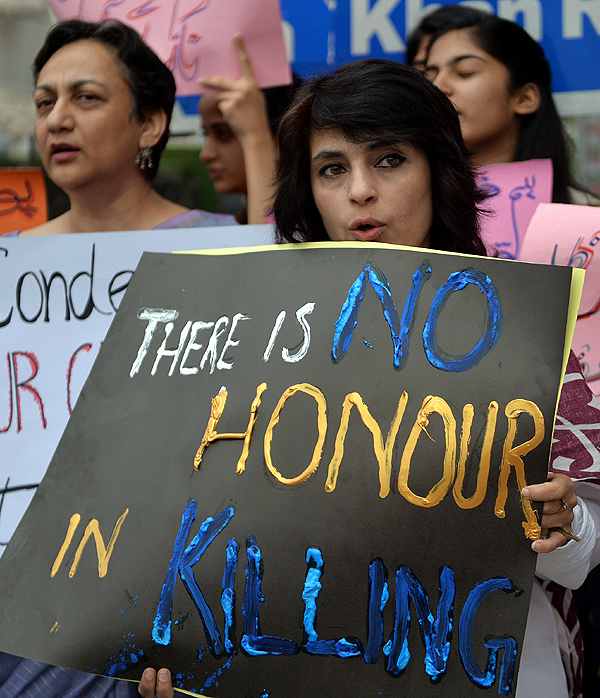Women of courage – the story of Karbala Part I
Saturday, December 3rd, 2011 2:45:42 by Khayyam Bokhari
Conventional Muslim set-ups place many limitations on women. They cannot even project out of their homes; most are obligated to restrict themselves to performing family chores only. Few Muslim women take up public roles;
fewer still contribute in outdoor events.
All this is being done in the name of Islam by the self-styled guardians of social norms. However, if we cast a glance on the early history of Islam we find women taking part in various events alongside men. Prophet Muhammad (PBUH)
had from Hazrat Khadija four daughters and brought them up as model women who participated in his revolution.
Islam’s was not only a spiritual but also a social revolution. It empowered women and gave them equal rights which were absurd at that time. Women played at best a secondary role in any civilization in the seventh century CE. However,
Islam raised their status and assigned them an equal role in all worldly affairs along with men. Many women, like Umm-i-Ammara, even took part in various battles which the Prophet had to fight. In the Battle of Uhud, Umm-i-Ammara took the attack of a sword
on her arm and saved the life of the Prophet.
Hazrat Fatima, as all Muslims agree, was indeed very close to her father, and thus Muslims highly revere her. She too was brought up by the Prophet enshrining the highest values of Islam. Her sons, Imam Hasan and Husain, were equally
loved. Her daughter, Hazrat Zainab, played a pivotal role in the aftermath of the battle of Karbala. Bibi Shehar Banu was the daughter of Kisra, the King of Persia who was defeated by the Muslims, and Hazrat Ali married her to his son, Husain.
Shaher Banu also faced the tragic events at Karbala very bravely and sacrificed her two sons, Ali Akbar and Ali Asghar, in the way of Allah. It is important to note that when Imam Husain was leaving Makkah for Kufa (Iraq) in response
to the letters he had received from many important citizens of Kufa to lead them in their fight against Yazid (who had usurped khilafat in violation of the condition laid down by Imam Hasan while abdicating in favour of Ameer Muawiyah), Imam Husain was advised
by his well-wishers not to take his family along to Kufa. It was feared the people of Kufa might betray him.
However, despite the risks, Imam Husain turned down the advice and took along all his family members, including women and children. He knew that the women, who included his wife, his sisters and daughters, would play a very important
role even if he had to fight against Yazid’s forces in or near Kufa. The people of Kufa did betray him even though they were the ones who had invited him to lead them in a fight against Yazid’s tyranny.
The second part continues with the rest of the story…
Tags: Ashura, Bibi Zainab, Hazrat Imam Hussain, Karbala, womenShort URL: https://www.newspakistan.pk/?p=5456

















